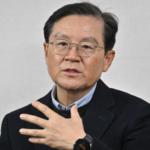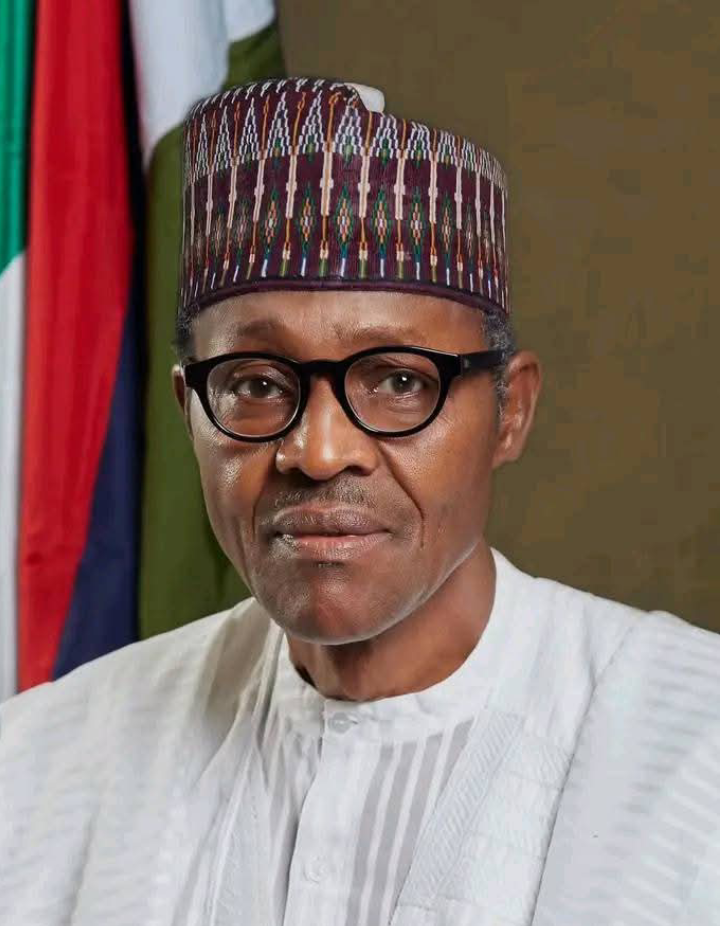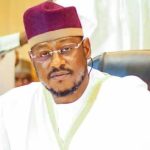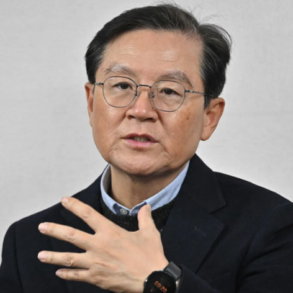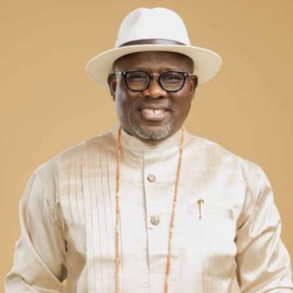The data emanating from Central Bank of Nigeria, CBN, revealed that Nigerians expended approximately $29.29 billion on foreign healthcare services during the eight-year tenure of former President Muhammadu Buhari.
The CBN figures, captured under the “Health-Related and Social Services” category in its quarterly statistical bulletins, indicate that between June 2015 and May 2023, Nigeria averaged $3.6 billion annually in foreign exchange outflows for medical-related purposes.
Despite repeated assurances by the Buhari administration to revamp the nation’s healthcare sector and curb capital flight, the data shows a steady and sometimes dramatic rise in medical tourism, especially in the final years of the administration.
Highs and Lows in Medical Tourism Spending
The first year of Buhari’s presidency recorded the highest annual medical outflow, with $7.81 billion spent between June 2015 and May 2016. A remarkable $3.20 billion was disbursed in September 2015 alone, the highest monthly figure of the entire administration.
Spending dipped to $2.76 billion the following year and dropped even further to $1.72 billion between June 2017 and May 2018. The lowest annual expenditure of $0.44 billion occurred during the fourth year (June 2018 and May 2019).
However, the second term reversed the downward trend. Medical-related forex outflows surged to $6.96 billion between June 2021 and May 2022, and climbed even higher to $7.12 billion in Buhari’s final year (June 2022 – May 2023). January 2023 alone saw $2.30 billion spent on medical services abroad.
Overall, $16.56 billion was spent during Buhari’s second term, surpassing the $12.73 billion recorded in his first term.
Buhari’s Medical Travels Spark Controversy
Former President Buhari was a frequent recipient of medical treatment overseas, spending at least 225 days on medical trips to the United Kingdom and other countries during his presidency.
His medical journeys began in February 2016, just eight months into office, and included a notable 104-day stay in London in 2017. Despite public criticism, Buhari continued the practice throughout his presidency, often during domestic health worker strikes or sectoral crises.
Defending the trips, former presidential spokesperson Femi Adesina stated that Buhari had maintained a longstanding medical team abroad for over 40 years, arguing that switching doctors for public optics could have jeopardized his health.
Medical Associations Decry Neglect of Local Sector
The Nigerian Medical Association (NMA), the Medical and Dental Consultants’ Association of Nigeria (MDCAN), and the Nigerian Association of Resident Doctors (NARD) have repeatedly condemned the reliance of public officials on foreign healthcare.
Dr. Tope Osundara, NARD President, said the trend was not only disheartening but a glaring indictment of the country’s healthcare infrastructure and leadership priorities.
“It’s like building a company and refusing to use its product, then asking others to trust it. Something is fundamentally wrong with such a system,” he remarked.
Prof. Bala Audu, President of the NMA, acknowledged the right of individuals to choose their healthcare providers but emphasized that the consistent flight abroad for treatment by top officials underscores misplaced priorities, especially given the significant annual allocations to institutions like the State House Clinic.
The figures paint a stark picture of Nigeria’s ongoing dependence on foreign medical systems, despite public pledges of reform, and highlight the widening gap between political rhetoric and healthcare realities for ordinary Nigerians.


